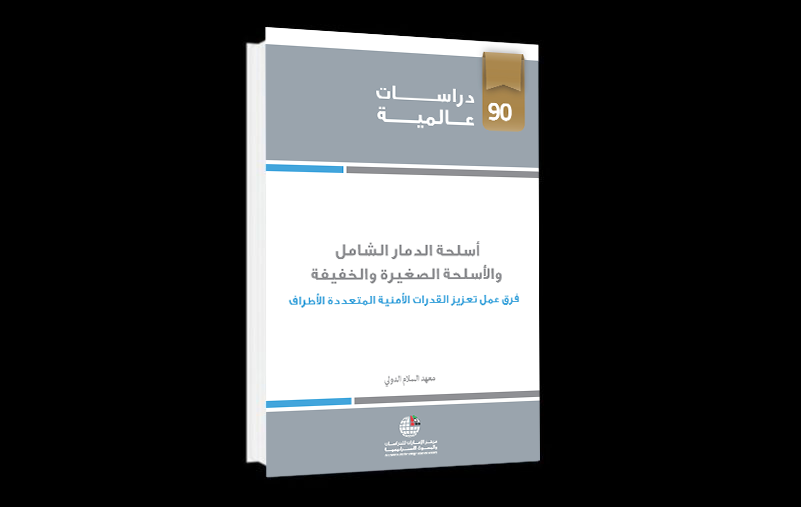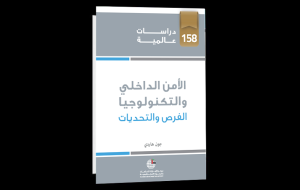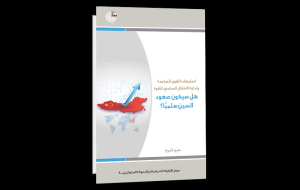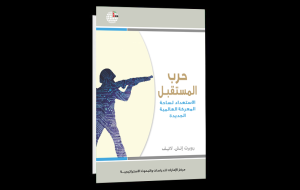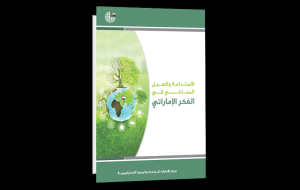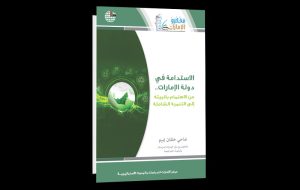Summary
The spread of weapons of mass destruction (WMDs) remains a key challenge to international peace and security, and the member states of the United Nations are deeply divided on how to address this challenge. Three nuclear powers have yet to join the Nuclear Non-Proliferation Treaty (NPT), nine countries have not joined the Chemical Weapons Convention (CWC), and thirty-one countries have not ratified the Biological and Toxin Weapons Convention (BTWC). Against this backdrop, the proliferation of nuclear weapons in Iran and North Korea remain unresolved crises.
The International Peace Institute (IPI) launched the Task Forces on Strengthening Multilateral Security Capacity in 2008. These Task Forces suggest ideas to strengthen the capacity of the United Nations and its partners to deal with emerging, multifaceted, and global challenges to peace and security. The Task Forces address not only the policy steps needed, but also the political and institutional strategies required to implement them. This strategic perspective has too often been the missing link in efforts to strengthen the UN system.
Weapons of Mass Destruction
Developments in biological, chemical, and nuclear technologies, each with the potential for dual use, pose new challenges to non-proliferation regimes aimed at preventing military use of these technologies. Due to climate change and the related search for new energy sources, many analysts anticipate a significant expansion of the civilian nuclear industry. According to the scenarios developed by the IAEA, nuclear electricity generation may grow by 25 to 95 percent by 2030. This “nuclear renaissance” raises the question of how to ensure the civilian nature of these activities.
The discriminatory structure of the Nuclear Non-Proliferation Treaty, favoring non-proliferation over disarmament, is a byproduct of its Cold War origins, and undermines its global acceptance by other states. Many argue that the treaty, as currently implemented, privileges non-proliferation to the advantage of those who already possess nuclear capabilities.
A renewed effort to address weapons of mass destruction within the UN system is now an imperative. This renewed effort must break the ongoing deadlock over three key international instruments: ratification of the Comprehensive Test-Ban Treaty and completion of its verification mechanism; universalization of the IAEA Additional Protocol (eighty-eight states have concluded and brought into force additional protocols), and the opening of negotiations on the Fissile Material Cut-off Treaty. The five nuclear powers recognized by the NPT—China, France, Russia, the United Kingdom, and the United States—should renew their commitment to nuclear disarmament, and resume multilateral consultations on nuclear issues. These should include measures to build confidence and enhance transparency concerning their doctrines and their weapons stockpiles.
Small arms and light weapons
Small arms and light weapons (SALW) remain among the cheapest and most easily accessible instruments for engaging in armed conflict, terrorism and crime. Despite our understanding of the threat they pose to peace, security, development and human rights, deep-rooted differences remain on how to stem their ill effects, in particular the passage of weapons from legitimate to illegitimate use. Globally effective control of small arms and light weapons is difficult, as these weapons are easily produced, concealed, and transferred, and are already abundant and widely distributed.
Established multilateral norms and frameworks, such as the Programme of Action to Prevent, Combat, and Eradicate the Illicit Trade in Small Arms and Light Weapons in all its Aspects, and the International Tracing Instrument, have provided some compensation for weak regulatory standards at the national level. However, goals related to small-arms control continue to be imprecise and varied across the multilateral system. Patchwork solutions and inconsistent adherence to global standards remain the dominant trend.
Effective reduction of the threat from small arms and light weapons will require a more strategic approach from multilateral organizations, with the adoption of clearer, better-defined control objectives, and a transition from norm-setting to the facilitation of practical solutions on the local, regional, and global levels, matching the weapons control needs with available resources.
Responding to the challenge of small arms and light weapons entails the establishment of a framework for cooperation that allows the UN to work with and empower stakeholders—including civil society, the private sector, and other regional and sectoral international organizations—in control initiatives. Focus should be placed on assisting the development of national small arms and light weapons control and the fostering of regional cooperation. Needs for assistance should be directly matched with technical expertise through the UN’s CASA Mechanism Programme of Action Implementation Support System.
Transparency must be promoted through the engagement of private actors and the broader small arms and light weapons community in discussions to create a more integrated approach in establishing effective control measures and strategies. Regular reporting of small arms and light weapons transfers with the UN Register of Conventional Arms must also be ensured.
Finally, interested states should organize and finance strategic research to improve the evidence base for policymaking, particularly concerning connections between small arms and light weapons, and armed conflict, terrorism, and organized crime.
Author
The International Peace Institute (IPI), formerly the International Peace Academy, is an independent non-profit think tank based in New York. It was established in 1970, and changed to its current name in 2008. The Institute is dedicated to promoting multilateral approaches to peace and security issues, and constructive cooperation with the UN General Assembly and members of the UN. The IPI’s primary objective is to promote effective international responses to new and emerging issues and crises through research, analysis, and policy development.
Author: International Peace Institute
Publisher:Emirates Centre for Strategic Studies and Research
Year Published: 2010


